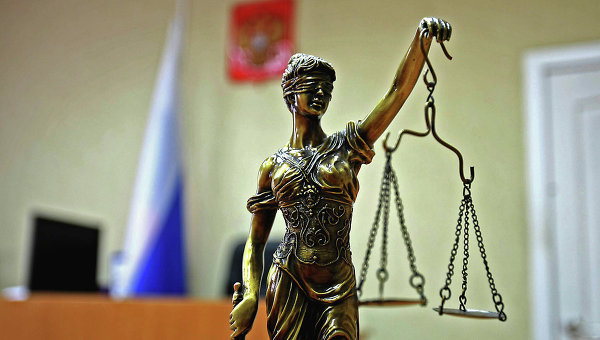MOSCOW, November 12 (RAPSI) - Commissioner for Human Rights of the Council of Europe Nils Muižnieks released a report Tuesday urging Russia to strengthen the independence and impartiality of its judiciary.
Muižnieks and his delegation visited Russia in April of this year. During the visit, the group met with officials and NGOs, as well as with international organizations.
With regard to the functioning of Russia’s judiciary, the report notes: “While acknowledging the efforts already undertaken to date, the Commissioner would like to encourage the Russian authorities to develop a comprehensive strategy for further reforms in the judiciary, with a view to promoting its full independence, impartiality and effectiveness, in line with European standards.”
Key areas of focus were: the functioning of the judiciary, the status of judges, the role of the prosecutor’s office and equality of arms, issues identified by the European Court of Human Rights (ECHR), ongoing police reform and efforts to combat ill-treatment, and the role of human rights structures and civil society in the process of reform.
In a statement accompanying the report, Muižnieks said: “Substantial reforms should continue in order to remedy the systemic deficiencies in the administration of justice and strengthen the independence and impartiality of the judiciary in the Russian Federation.”
With regard to the status of judges, the report notes that it will not be enough to merely ensure that judges are independent and impartial; they must be seen as such by society as well.
Responding to the COE report, Head of the State Duma Committee on Criminal Legislation Pavel Krasheninnikov told RIA Novosti that the Duma understands the imperative of improving the present judicial legislation.
“We ourselves understand that improving the judicial system is necessary. We understand that it is important that the activities of judges are transparent, as well as for appointments, costs, and expenditures. This is what we all understand and what we’re trying to improve,” Krasheninnikov said.
According to Krasheninnikov, merely drafting a good law won’t be enough to deal with the problem. In his view, the key issue lies with enforcement of the law.



